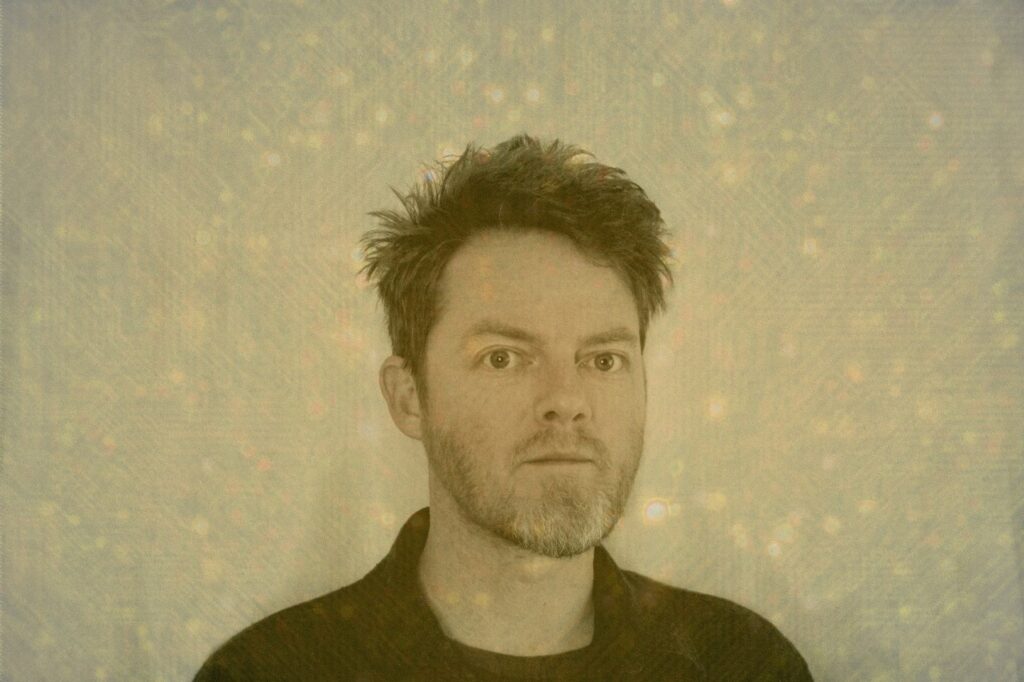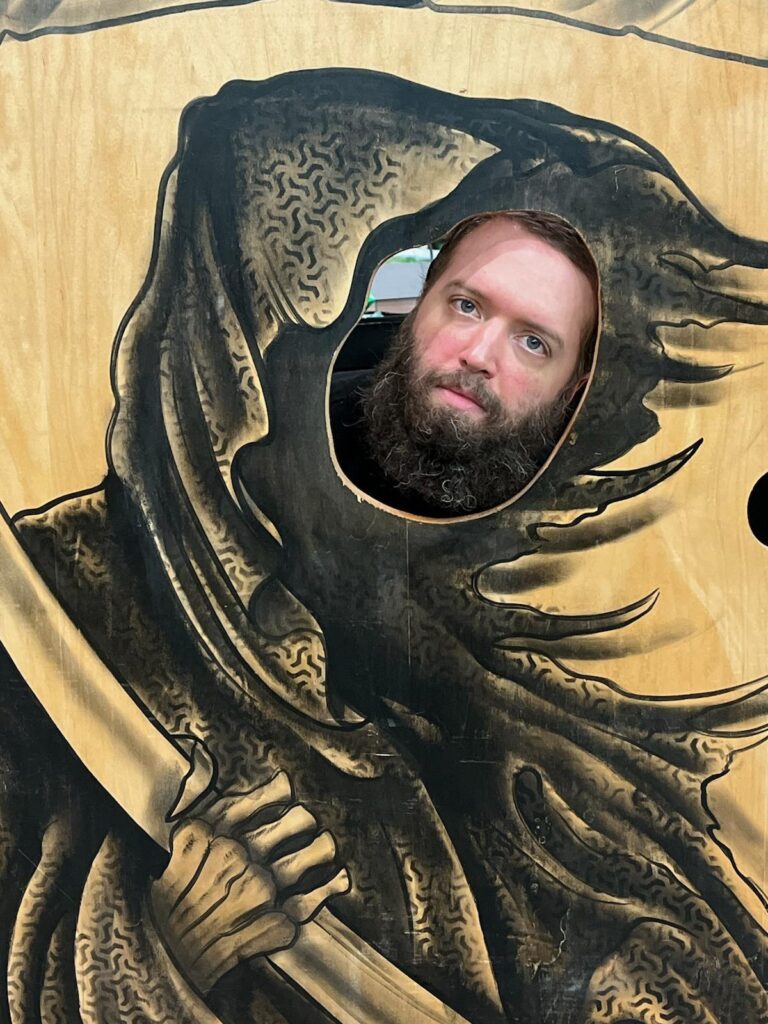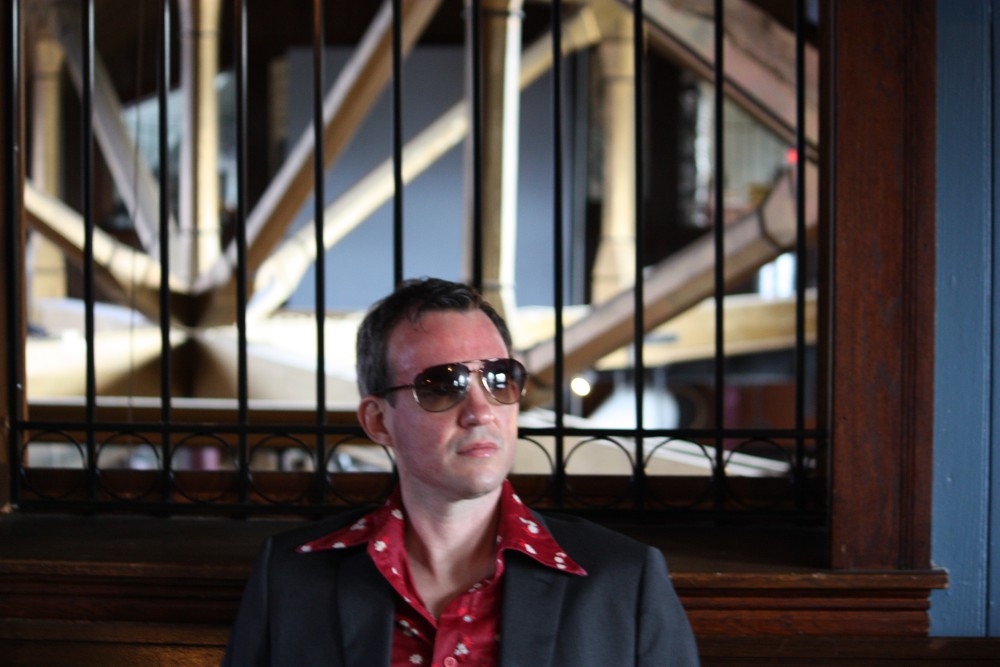
Reading Uzo Okehi’s new book, I noted, then wrote to him, “You’re extremely good at depicting things most people want to forget. Okehi’s second book, House of Hunger, is a quasi-autofictional, sort-of college campus novella about an 18 year old Blue Okoye, about to make a decision that could ruin his life. Thus far he’s failed to become an artist. He fails to relate to women. Basically just failing, trying to figure out what, if anything he can do about it. This may sound like familiar ground in 2023, but it often seems to me that so many of our purveyors of cringe and humiliation do so disingenuously, using either the Larry David model; In Losing, I, in Fact, Win, or the Lena Dunham-Annie Ernaux model, Merely Admitting to Loss Confers Moral Victory. In other words, trying to have it both ways. Not so here. House of Hunger is, unambiguously, about a real loser, really losing. Blue Okoye’s pratfalls aren’t really hilarious, nor are they presented as “brave.” They are merely soul crushing, which is not to say boring. From the very first page of “Hunger,” you know you’re reading the real thing, an authentic work of literary art, a book that looks at the thing itself and doesn’t flinch, doesn’t pull any punches, and doesn’t apologize, just grabs the back of your neck and says, Look at this. This is how it is. You hate to admit it, but it’s brilliant.







